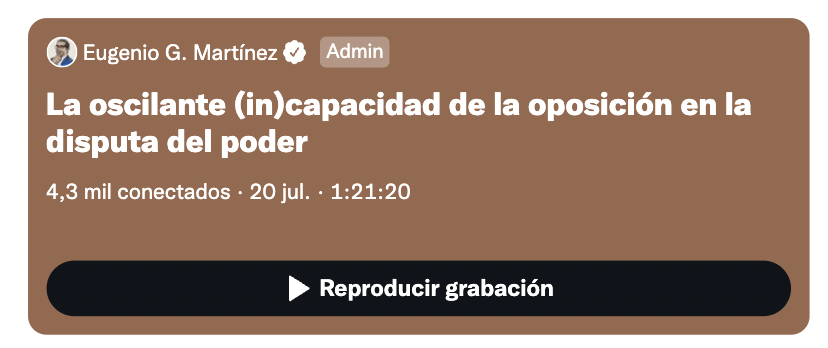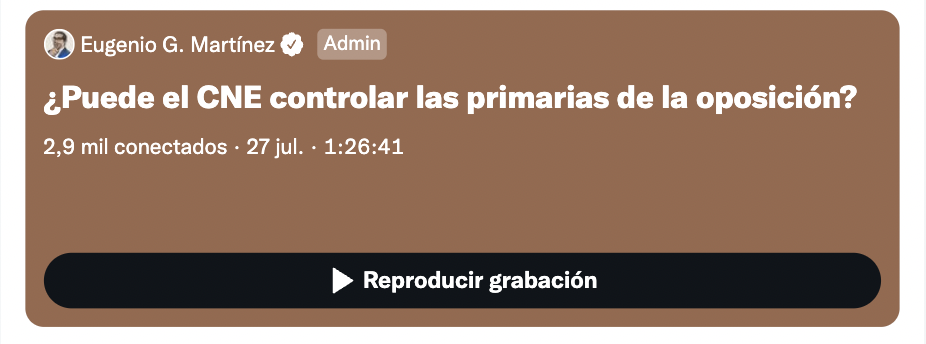The decision to change the party leadership of Min-Unidad (Movimiento de Integridad Nacional) taken by the judges of the Electoral Chamber of the Supreme Court (Sala Electoral del Tribunal Supremo de Justicia, TSJ) will impact the composition [photo] of electronic ballots to be used during the December 6 elections and could indirectly cause a diffusion of the votes away from the Democratic Unity Roundtable (Mesa de la Unidad Democrática, MUD). On August 6, the Electoral Chamber of the TSJ ordered to dissolve the board of directors of the Movement for National Integrity (Min-Unidad) chaired by Manuel Alejandro Perez Soto. This organization not only belonged to the MUD since 2005 but changed its logo to include the word “Unidad” as part of the strategy of nomination of candidates for the Venezuelan opposition.
Before the Supreme Court decision, members of the MUD decided to expel the party. MUD secretary general Jesus “Chuo” Torrealba justified the decision saying, “the Min-Unidad is automatically out of MUD, under the resolution foreseeing situations like these— unanimously approved by the plenary table on Thursday, August 4. We will not allow the regime to infiltrate the democratic camp, using pretexts for it shysters. The activists and leaders of MIN-Unidad are our brothers, and together we will continue fighting for democracy and freedom.”
Formalized hours after the expulsion of the alliance of opposition parties, the new MIN-Unidad board of directors, which was founded in 1978 to support the presidential candidacy of Renny Otolina, decided to run 61 candidates in 10 states: Anzoátegui, Aragua , Barinas, Bolivar, Delta Amacuro, Falcón, Lara, Nueva Esparta, Miranda, and the Capital District. In some states (such as Miranda) MIN-Unidad presented alternative candidates in most constituencies by nominal (by name) and list vote. However, in the case of the circuit 3 in Miranda, it decided to support the candidacy of current PSUV deputy and candidate for reelection Willian Ojeda.
In other cases, such as in the Capital District, MIN-Unidad ran a list of alternative candidates for the MUD, making alliances with other dissidents and opposition party Bandera Roja (the Supreme Court also modified its board of directors), OPINA, and MAS. On August 31, during the ceremony during which political parties choose the location they will have on the electronic ballot, Min-Unidad decided to appear (their decision came after the MUD’s selection) immediately to the right of the MUD-Unidad position. The basic problem with this decision is the visual similarity between both ballot positions, a situation the electoral technicians of the MUD considered a strategy to cause confusion in the electorate of opposition and independent voters. The ballots with this problem will appear in all states where the MIN-Unidad presented candidacies.






